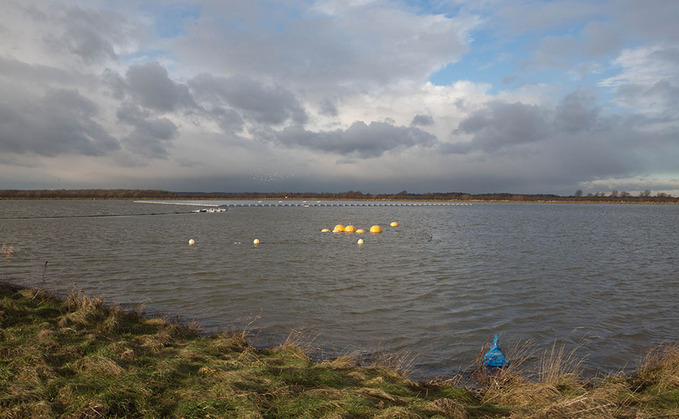
A new strategy aimed at ensuring that irrigated agriculture receives a fair share of the nation's water resources and uses it in a sustainable and efficient way has been launched by the UK Irrigation Association...

A new strategy aimed at ensuring that irrigated agriculture receives a fair share of the nation's water resources and uses it in a sustainable and efficient way has been launched by the UK Irrigation Association...